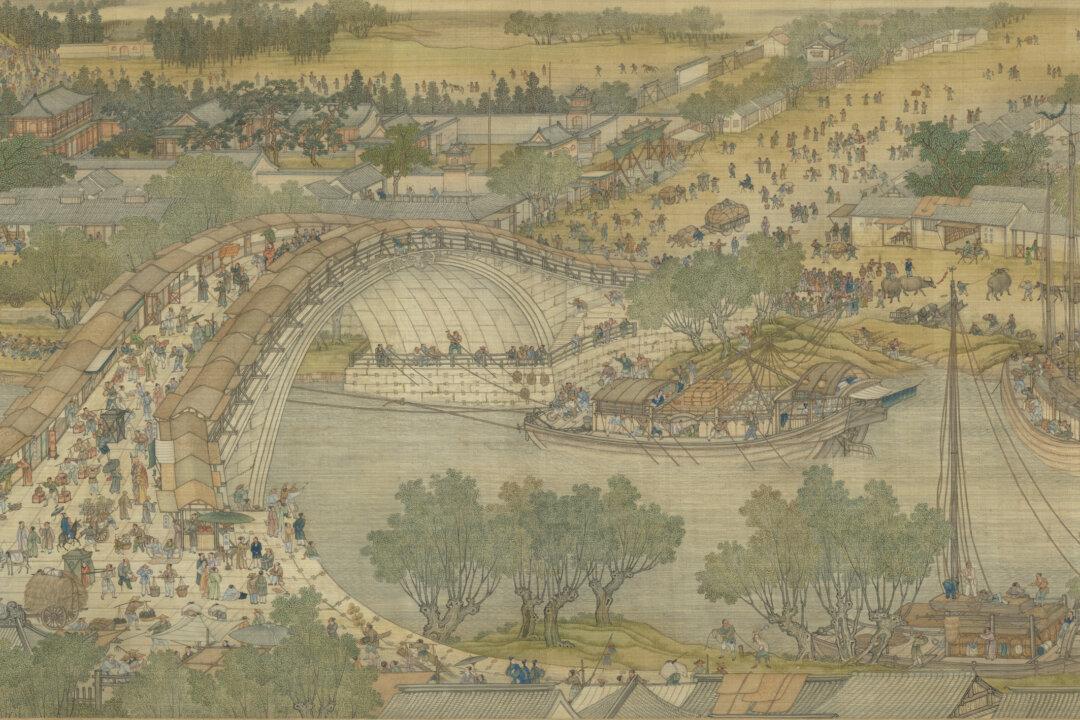The Chinese idiom 引經據典 (yǐn jīng jù diǎn), which literally translates as “quote the classics, based on literary quotations or allusions,” means to quote extensively from authoritative works such as classic books as a basis to support a point of view.
The idiom originates from the story of Xun Shuang (荀爽), a court official who lived during the Eastern Han Dynasty (A.D. 25–220).
Within the Xun family, Xun Shuang (A.D. 128–190) was a 12th-generation descendant of Xunzi (荀子), an influential philosopher of the Warring States Period (475–221 B.C.).
His father, Xun Shu (荀淑), a local governor of the state of Wei during the Eastern Han, was one of the most sophisticated thinkers of his time.
Xun Shuang had seven brothers, and together they were known as the “Eight Dragons of the Xun Family,” as they were all exceptionally talented, well-educated, brave, and kind.




